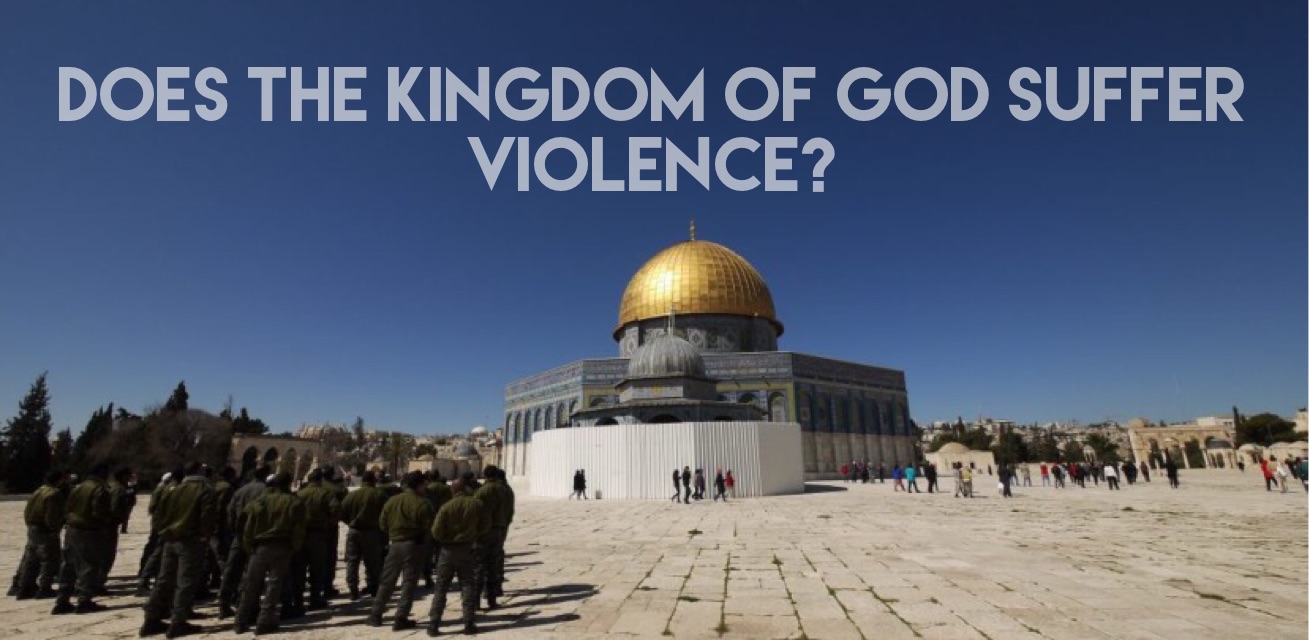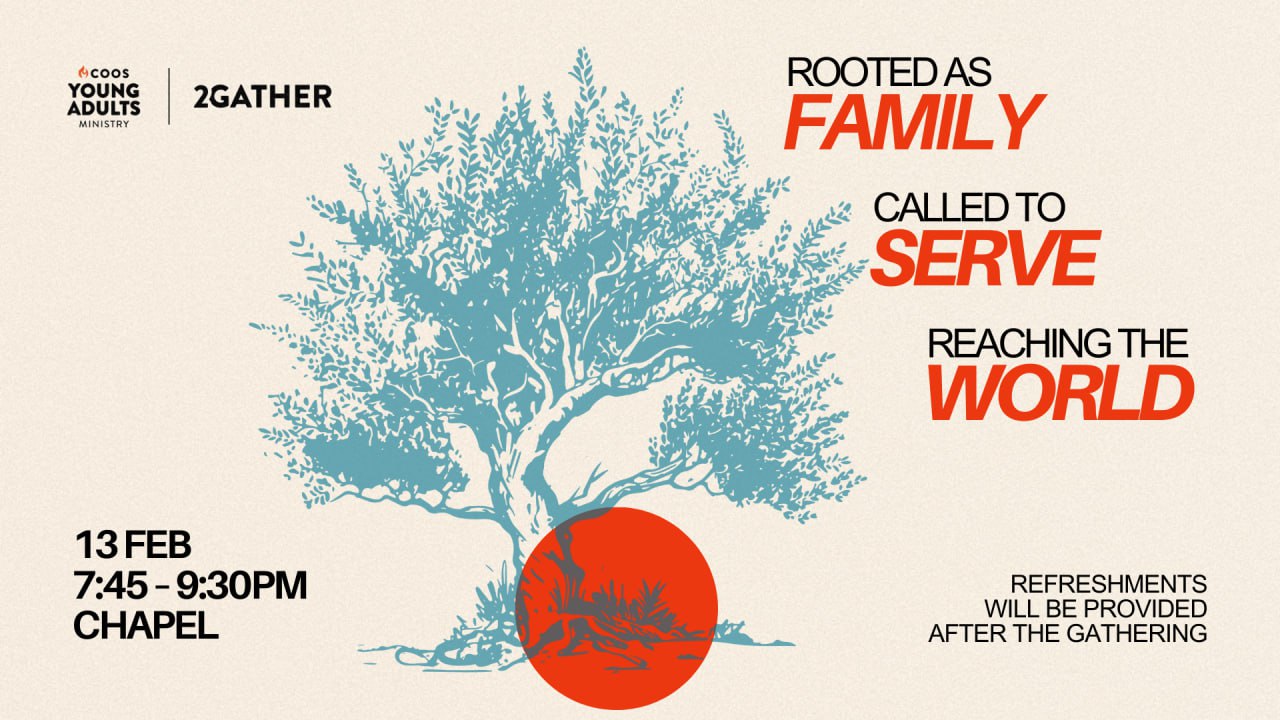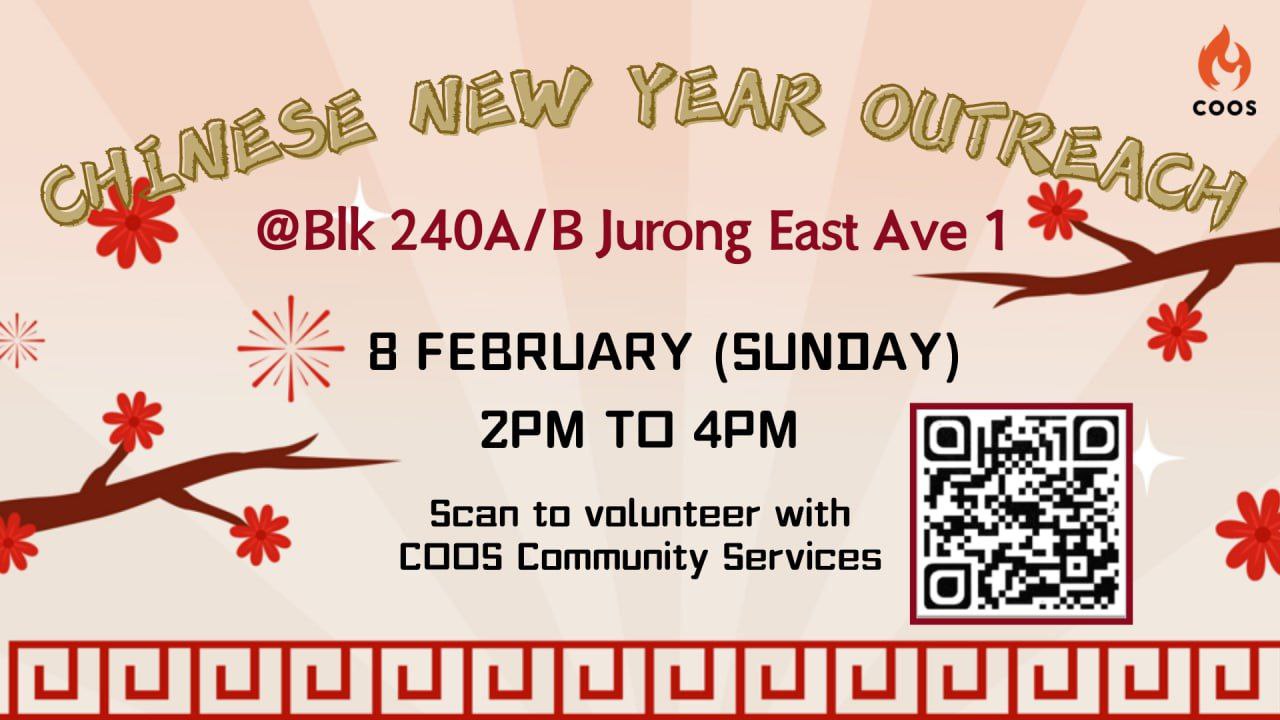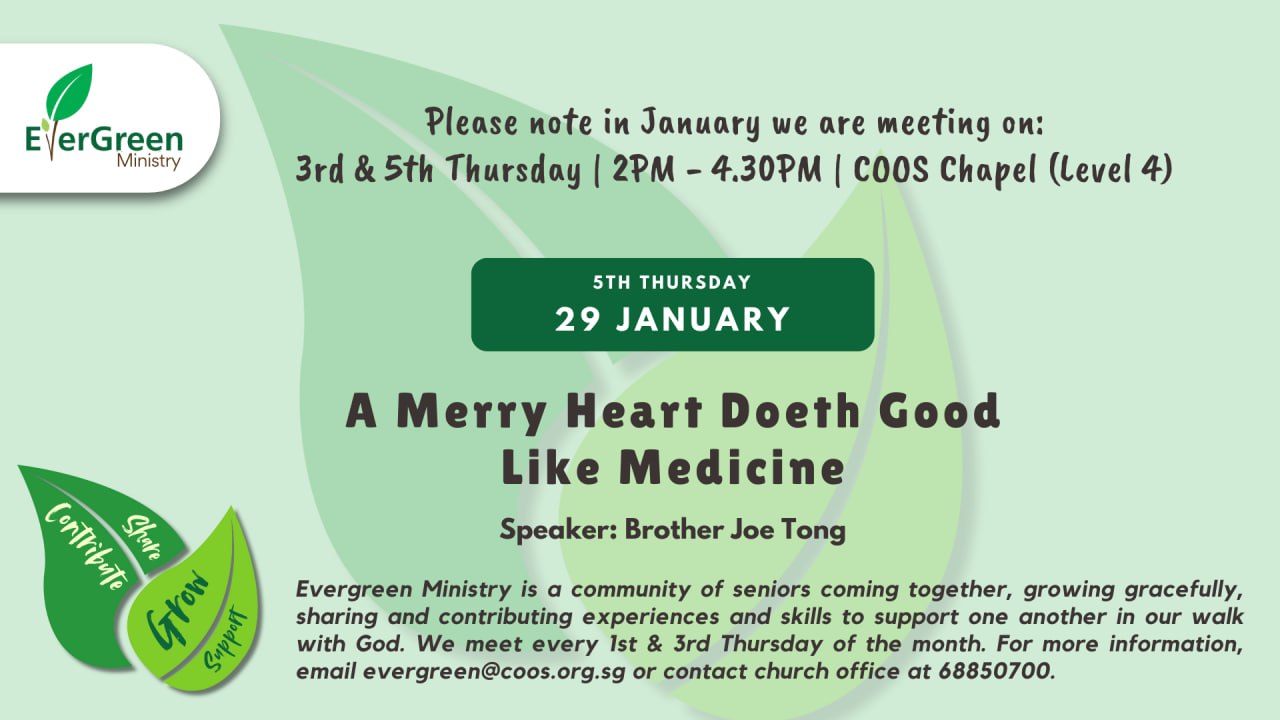Recently a friend asked me concerning a very interesting (and puzzling) verse of the bible found in the gospel according to Matthew, Matt 11:12 . It’s a verse that we’ve no doubt read from time to time but if we were careful, we might have detected some difficulty with the flow of the verse – not least because it gets translated differently in different English versions:-
. It’s a verse that we’ve no doubt read from time to time but if we were careful, we might have detected some difficulty with the flow of the verse – not least because it gets translated differently in different English versions:-
 . It’s a verse that we’ve no doubt read from time to time but if we were careful, we might have detected some difficulty with the flow of the verse – not least because it gets translated differently in different English versions:-
. It’s a verse that we’ve no doubt read from time to time but if we were careful, we might have detected some difficulty with the flow of the verse – not least because it gets translated differently in different English versions:-NKJV – And from the days of John the Baptist until now the kingdom of heaven suffers violence, and the violent take it by force.
NASB – From the days of John the Baptist until now the kingdom of heaven suffers violence, and violent men take it by force.
NIV(2011) – From the days of John the Baptist until now, the kingdom of heaven has been subjected to violence,and violent people have been raiding it.
NRSV – From the days of John the Baptist until now the kingdom of heaven has suffered violence, and the violent take it by force.
NET – From the days of John the Baptist until now the kingdom of heaven has suffered violence, and forceful people lay hold of it.
ESV – From the days of John the Baptist until now the kingdom of heaven has suffered violence,4 and the violent take it by force.
I remember reading this verse as a young Christian and being rather perplexed by what it could possibly mean. In particular I was curious about who these “violent men” who are taking the kingdom of heaven by force might be. Were they “good” people whom we are to emulate? ie. Should we too take the kingdom by force? Or were they “bad” people that we should be on the lookout for? Either ways, the verse just doesn’t seem to make a whole lot of sense. I mean – how do you even go about taking an invisible kingdom by force?
To be sure, this is one of those verses that scholars debate over and translators agonise over. The problem stems from the word βιάζεται (biazetai) which is usually translated as “suffers violence”. The word “biazetai” means “to use force or violence”. The problem is that Greek verbs have different “voices” – the active, passive and what is called the middle voice (sometimes called the “aorist”). In English we are used to the active and passive voices. So “He will be killed.” is a passive form of the verb “kill”. In English, the voice is determined by other parts of speech. In Greek, the voice is determined by the conjugation of the verb, in the same way that the tense in English is conjugated as part of the same word, eg. kill, killed, kills, killing. They’re all one word. So in Greek, you get one word “biazetai” (βιάζεται) and you will need to look at the conjugation to determine the voice, and hence the correct translation.
In this case, βιάζεται is the third person, singular, masculine, middle, indicative form. It is masculine because in the Greek, heaven is “masculine” so the verb associated with it is also masculine. It is the third person, for obvious reasons, when referring to the kingdom of heaven. The real problem comes when we get to the voice – the aorist middle voice. Middle voices are neither active nor passive, and is usually reflexive – acting on itself. In English, you might translate this literally as “the kingdom of heaven is violencing itself” – which is how many translators have translated it, more smoothly albeit. That, however, isn’t the only way of translating this. It is also possible to translate the reflexivity as “the kingdom of heaven is operating forcefully” [Rudolf Otto, “The Kingdom of God and the Son of Man”, pg.78], or as “the kingdom of heaven operates through force” [Reza Aslan, “Zealot”, pg.256]. These two translations are, for me, more sensible in the context of the passage.
The verse (Mt 11:12 ) says that since John the Baptist, which isn’t very long before Jesus said those words, the kingdom of heaven has been advancing forcefully, or operating forcefully. (I prefer “spreading powerfully” here.) Some have chosen “suffers violence” in the light of John the Baptist’s beheading by Herod Antipas (or Antipater). If so, the “violent men” are bad people who abuse God’s people. Fortunately for us, we have more than just one gospel. This same verse is reproduced for us in Luke 16:16
) says that since John the Baptist, which isn’t very long before Jesus said those words, the kingdom of heaven has been advancing forcefully, or operating forcefully. (I prefer “spreading powerfully” here.) Some have chosen “suffers violence” in the light of John the Baptist’s beheading by Herod Antipas (or Antipater). If so, the “violent men” are bad people who abuse God’s people. Fortunately for us, we have more than just one gospel. This same verse is reproduced for us in Luke 16:16 :-
:-
 ) says that since John the Baptist, which isn’t very long before Jesus said those words, the kingdom of heaven has been advancing forcefully, or operating forcefully. (I prefer “spreading powerfully” here.) Some have chosen “suffers violence” in the light of John the Baptist’s beheading by Herod Antipas (or Antipater). If so, the “violent men” are bad people who abuse God’s people. Fortunately for us, we have more than just one gospel. This same verse is reproduced for us in Luke 16:16
) says that since John the Baptist, which isn’t very long before Jesus said those words, the kingdom of heaven has been advancing forcefully, or operating forcefully. (I prefer “spreading powerfully” here.) Some have chosen “suffers violence” in the light of John the Baptist’s beheading by Herod Antipas (or Antipater). If so, the “violent men” are bad people who abuse God’s people. Fortunately for us, we have more than just one gospel. This same verse is reproduced for us in Luke 16:16 :-
:-NKJV – The law and the prophets were until John. Since that time the kingdom of God has been preached, and everyone is pressing into it.
NASB – The Law and the Prophets were proclaimed until John; since that time the gospel of the kingdom of God has been preached, and everyone is forcing his way into it.
NRSV – The law and the prophets were in effect until John came; since then the good news of the kingdom of God is proclaimed, and everyone tries to enter it by force.
NET – The law and the prophets were in force until John; since then, the good news of the kingdom of God has been proclaimed, and everyone is urged to enter it.
Once you consider Lk 16:16 , the “violent men” are clearly those who have responded to the preaching of the good news, rather than “bad people” like king Herod. If so, then Mt 11:12
, the “violent men” are clearly those who have responded to the preaching of the good news, rather than “bad people” like king Herod. If so, then Mt 11:12 should be translated more towards “advancing forcefully” or “operating with force/strength” as opposed to “suffers violence.” When Luke 16:16
should be translated more towards “advancing forcefully” or “operating with force/strength” as opposed to “suffers violence.” When Luke 16:16 used the same word “biazetai”, the context is that of people pressing into the kingdom of God forcefully, or “urged” as the NET translation puts it.
used the same word “biazetai”, the context is that of people pressing into the kingdom of God forcefully, or “urged” as the NET translation puts it.
 , the “violent men” are clearly those who have responded to the preaching of the good news, rather than “bad people” like king Herod. If so, then Mt 11:12
, the “violent men” are clearly those who have responded to the preaching of the good news, rather than “bad people” like king Herod. If so, then Mt 11:12 should be translated more towards “advancing forcefully” or “operating with force/strength” as opposed to “suffers violence.” When Luke 16:16
should be translated more towards “advancing forcefully” or “operating with force/strength” as opposed to “suffers violence.” When Luke 16:16 used the same word “biazetai”, the context is that of people pressing into the kingdom of God forcefully, or “urged” as the NET translation puts it.
used the same word “biazetai”, the context is that of people pressing into the kingdom of God forcefully, or “urged” as the NET translation puts it.In summary – we have in Mt 11:12 a verse that talks about how since John the Baptist (the last of the OT prophets as implied in v.13-15) a new era has begun and people have been responding to the preaching of the good news of the kingdom of God in droves and, as a result, entering the kingdom of God in large numbers. This fits in well with the context of Mt 11:7-11
a verse that talks about how since John the Baptist (the last of the OT prophets as implied in v.13-15) a new era has begun and people have been responding to the preaching of the good news of the kingdom of God in droves and, as a result, entering the kingdom of God in large numbers. This fits in well with the context of Mt 11:7-11 . Jesus was trying to tell them that they have witnessed the fulfilment of the Malachi 4:5
. Jesus was trying to tell them that they have witnessed the fulfilment of the Malachi 4:5 and John had come to usher in a whole new era – the era of the good news of the kingdom of God. It’s not talking about “violent men” but those who are eagerly responding to the gospel described for us in Mt 3:5-6
and John had come to usher in a whole new era – the era of the good news of the kingdom of God. It’s not talking about “violent men” but those who are eagerly responding to the gospel described for us in Mt 3:5-6 . Matthew, in particular, was trying to show how Jesus’ life fulfilled OT prophecies as the one that Isa 40:3
. Matthew, in particular, was trying to show how Jesus’ life fulfilled OT prophecies as the one that Isa 40:3 speaks of (see. Mt 3:1-3
speaks of (see. Mt 3:1-3 ).
).
 a verse that talks about how since John the Baptist (the last of the OT prophets as implied in v.13-15) a new era has begun and people have been responding to the preaching of the good news of the kingdom of God in droves and, as a result, entering the kingdom of God in large numbers. This fits in well with the context of Mt 11:7-11
a verse that talks about how since John the Baptist (the last of the OT prophets as implied in v.13-15) a new era has begun and people have been responding to the preaching of the good news of the kingdom of God in droves and, as a result, entering the kingdom of God in large numbers. This fits in well with the context of Mt 11:7-11 . Jesus was trying to tell them that they have witnessed the fulfilment of the Malachi 4:5
. Jesus was trying to tell them that they have witnessed the fulfilment of the Malachi 4:5 and John had come to usher in a whole new era – the era of the good news of the kingdom of God. It’s not talking about “violent men” but those who are eagerly responding to the gospel described for us in Mt 3:5-6
and John had come to usher in a whole new era – the era of the good news of the kingdom of God. It’s not talking about “violent men” but those who are eagerly responding to the gospel described for us in Mt 3:5-6 . Matthew, in particular, was trying to show how Jesus’ life fulfilled OT prophecies as the one that Isa 40:3
. Matthew, in particular, was trying to show how Jesus’ life fulfilled OT prophecies as the one that Isa 40:3 speaks of (see. Mt 3:1-3
speaks of (see. Mt 3:1-3 ).
).For what it’s worth, my interpretation of Mt 11:12 :-
:-
 :-
:-“John the Baptist marks the beginning of a new era of the kingdom that is spreading powerfully, through preaching of the good news and people are eagerly responding in droves, and entering the kingdom of heaven.”
The cover photo for this article was taken on the Temple Mount by Pastor Daniel Wee during his first trip to Israel.










